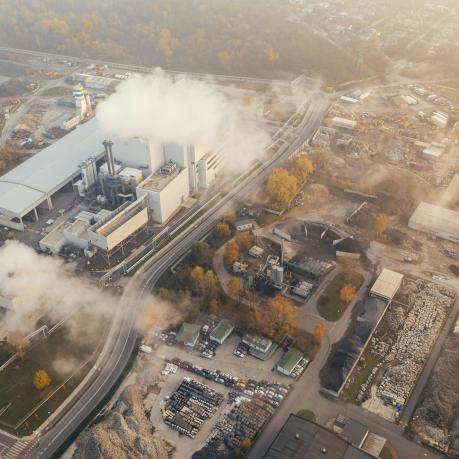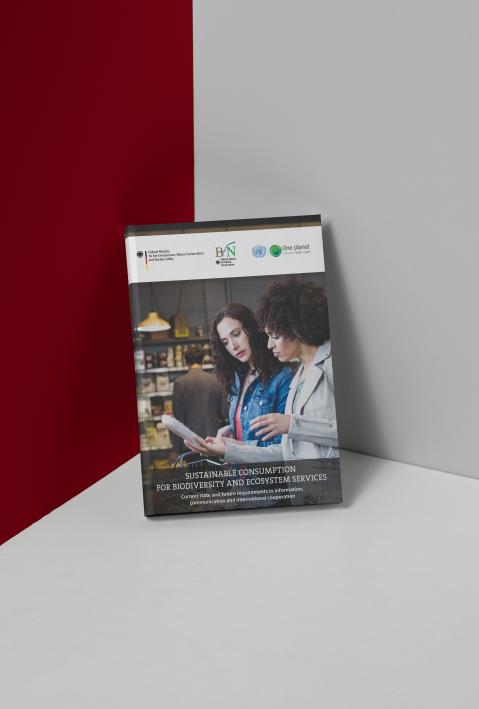Administrative title
Sustainable Consumption For Biodiversity and Ecosystem Services
Current state and future requirements in information, communication and international cooperation
Authors (text)
Teufel, Jenny; Viviana Lopez, Jan Christian Polanía Giese, Ulrike Knörzer
2021 | Berlin/Bonn: BfN/BMU


